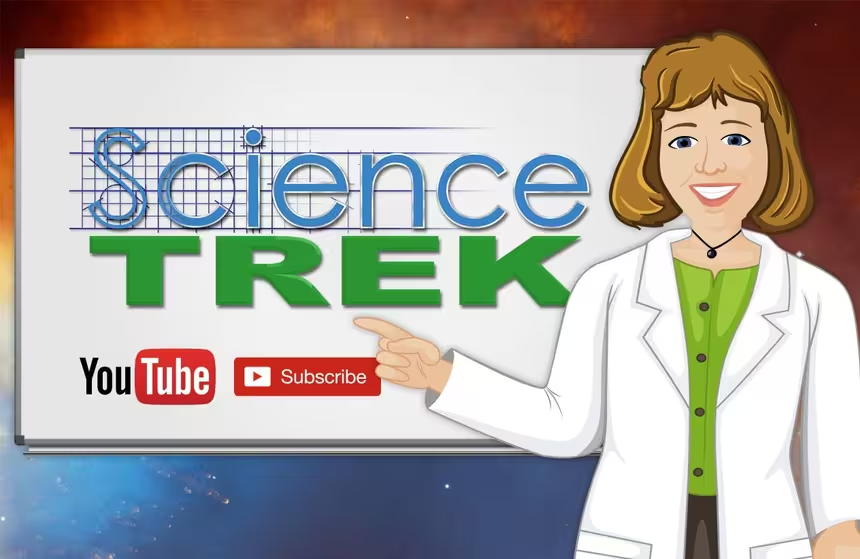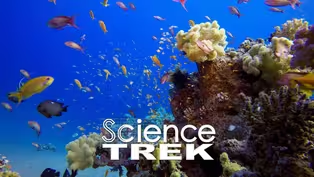
Oceans: The Oceans at Risk
Clip: Special | 1m 4sVideo has Closed Captions
What is climate change doing to the ocean?
Climate change is putting the ocean at risk. Warmer ocean waters cause sea levels to rise, damage coral reefs, and reduces the amount of oxygen in the water.
Problems playing video? | Closed Captioning Feedback
Problems playing video? | Closed Captioning Feedback
Science Trek is a local public television program presented by IdahoPTV
Major Funding by the Laura Moore Cunningham Foundation and the Idaho National Laboratory. Additional Funding by the Friends of Idaho Public Television and the Corporation for Public Broadcasting.

Oceans: The Oceans at Risk
Clip: Special | 1m 4sVideo has Closed Captions
Climate change is putting the ocean at risk. Warmer ocean waters cause sea levels to rise, damage coral reefs, and reduces the amount of oxygen in the water.
Problems playing video? | Closed Captioning Feedback
How to Watch Science Trek
Science Trek is available to stream on pbs.org and the free PBS App, available on iPhone, Apple TV, Android TV, Android smartphones, Amazon Fire TV, Amazon Fire Tablet, Roku, Samsung Smart TV, and Vizio.

Science Trek
Science Trek is a place where parents, kids, and educators can watch short, educational videos on a variety of science topics. Every Monday Science Trek releases a new video that introduces children to math, science, technology, engineering, and math (STEM) career potentials in a fun, informative way.(Music) JOAN CARTAN-HANSEN, HOST: Climate change impacts oceans as well.
So far, the ocean has absorbed about 90 percent of the heat generated by climate change.
That's caused water temperatures to go up.
These marine heatwaves can force fish to move out of their normal habitats.
And that puts some fish populations at risk.
Icebergs and ice sheets are melting faster than anticipated.
That causes sea levels to rise.
Higher sea levels and stronger storms lead to more coastal flooding and landslides.
Warmer waters damage coral reefs, mangroves, and kelp forests.
If the ocean warms one point five degrees centigrade, most coral reefs will vanish.
Also, warmer waters can't hold as much oxygen.
More than half of the world's marine species stand on the brink of extinction by 2100.
But there are some things you can do to save the ocean: Use less water, reduce pollutants and waste, carpool or ride a bike, fish responsibly, and protect coastal habitat.
For more information about oceans, check out the Science Trek website.
You'll find it at ScienceTrek.org
Video has Closed Captions
Clip: Special | 1m 4s | What are underwater habitats? (1m 4s)
Providing Support for PBS.org
Learn Moreabout PBS online sponsorship
- Science and Nature

Explore scientific discoveries on television's most acclaimed science documentary series.

- Science and Nature

Capturing the splendor of the natural world, from the African plains to the Antarctic ice.












Support for PBS provided by:
Science Trek is a local public television program presented by IdahoPTV
Major Funding by the Laura Moore Cunningham Foundation and the Idaho National Laboratory. Additional Funding by the Friends of Idaho Public Television and the Corporation for Public Broadcasting.
